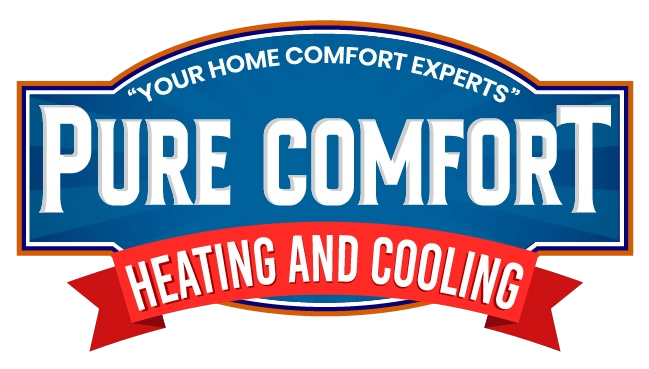
We spend a good majority of our time inside. In reality, the Environmental Protection Agency (EPA) has determined being within a building accounts for 90% of our days. Although, the EPA also has determined your indoor air can be three to five times worse than outdoors.
That’s because our houses are firmly sealed to enhance energy efficiency. While this is good for your utility expenses, it’s not so fantastic if you’re a part of the 40% of the population with respiratory allergies.
When outdoors ventilation is limited, pollutants including dust and volatile organic compounds (VOCs) may get captured. Consequently, these pollutants may worsen your allergies.
You can boost your indoor air quality with crisp air and routine cleaning and vacuuming. But if you’re still having issues with symptoms while you’re at home, an air purifier may be able to provide assistance.
While it can’t eliminate pollutants that have settled on your couch or carpet, it may help purify the air circulating throughout your home.
And air purification has also been scientifically verified to help lessen some allergic symptoms, according to the American College of Allergy, Asthma and Immunology. It might also be useful if you or a family member has lung issues, like emphysema or COPD.
There are two models, a portable air purifier or a whole-home air purifier. We’ll discuss the differences so you can determine what’s correct for your house.
Whole-House Air Purifier vs. Portable Air Purifiers
A portable air purifier is for a lone room. A whole-house air purifier accompanies your HVAC unit to treat your entire home. Some kinds can work by themselves when your HVAC unit isn’t on.
What’s the Best Air Purifier for Allergies?
Seek a model with a High Efficiency Particulate Air (HEPA) filter. HEPA filters are placed in hospitals and deliver the best filtration you can buy, as they catch 99.97% of particles in the air.
HEPA filters are even more powerful when combined with an ultraviolet (UV) germicidal light. This powerful blend can destroy dust, dander, pollen and mold, all of which are general allergens. For the ultimate in air purification, consider equipment that also has a carbon-based filter to decrease household smells.
Avoid buying an air purifier that generates ozone, which is the primary component in smog. The EPA advises ozone could aggravate respiratory troubles, even when emitted at low amounts.
The Allergy and Asthma Foundation of America has compiled a listing of questions to think over when purchasing an air purifier.
- What can this purifier take out from the air? What doesn’t it extract?
- What’s its clean air delivery rate? (A bigger number means air will be freshened faster.)
- How often does the filter or UV bulb need to be switched]? Can I complete that without help?
- How much do new filters or bulbs cost?
How to Decrease Seasonal Allergy Symptoms
Want to get the {top|most excellent|best] outcome from your new air purification unit? The Mayo Clinic suggests taking other measures to decrease your exposure to things that can trigger seasonal allergies.
- Stay indoors and keep windows and doors shut when pollen counts are high.
- Have someone else trim the lawn or pull weeds, since these jobs can trigger symptoms. If you are required to do these jobs alone, you might want to consider using a pollen mask. You should also bathe without delay and put on clean clothes once you’re finished.
- Avoid stringing up laundry outside your home.
- Run the AC while at home or while in the car. Consider using a high efficiency air filter in your home’s heating and cooling equipment.
- Balance your residence’s humidity percentage with a whole-house dehumidifier.
- Hardwood, tile or linoleum are the suggested flooring materials for decreasing indoor allergens. If your residence has carpet, add a HEPA filter on your vacuum cleaner.
Let Our Specialists Handle Your Indoor Air Quality Needs
Ready to take the next step with installing a whole-house air purifier? Give our professionals a call at 630-313-2509 or contact us online to get an appointment. We’ll help you choose the right unit for your residence and budget.

